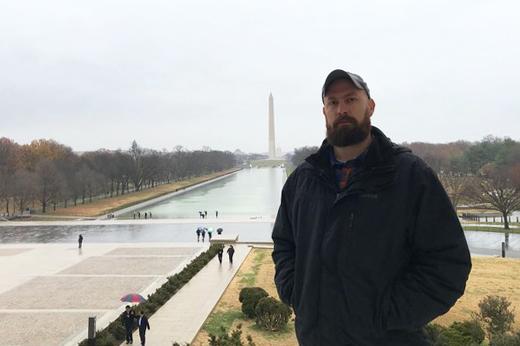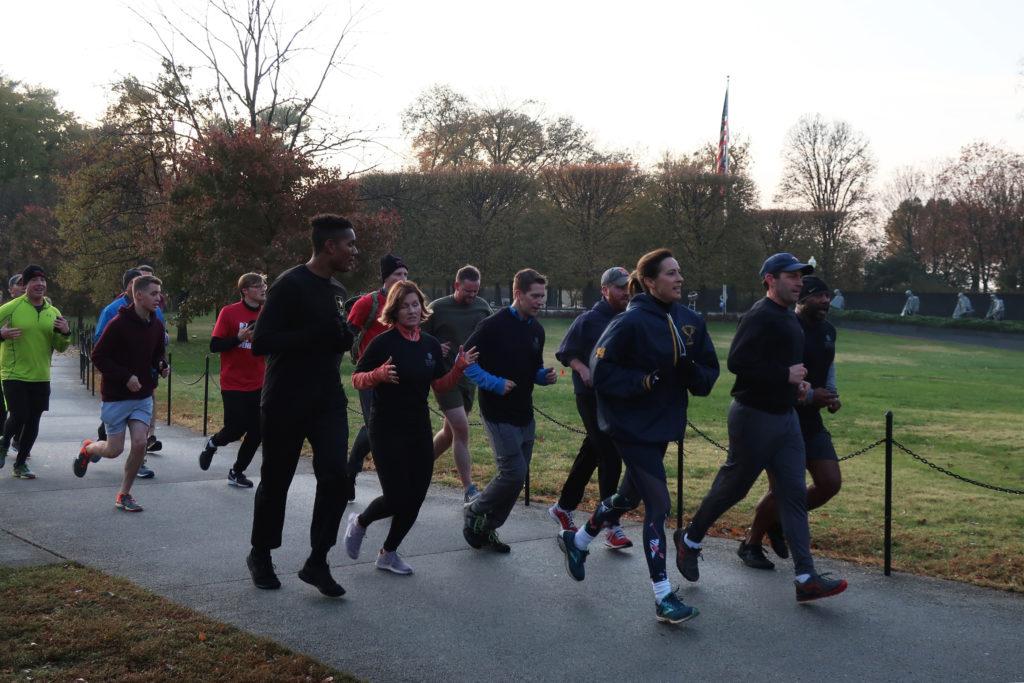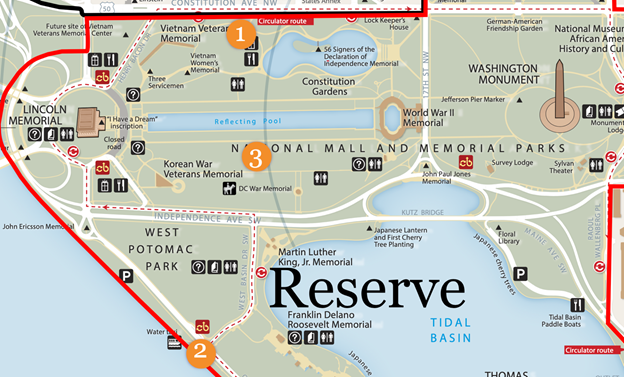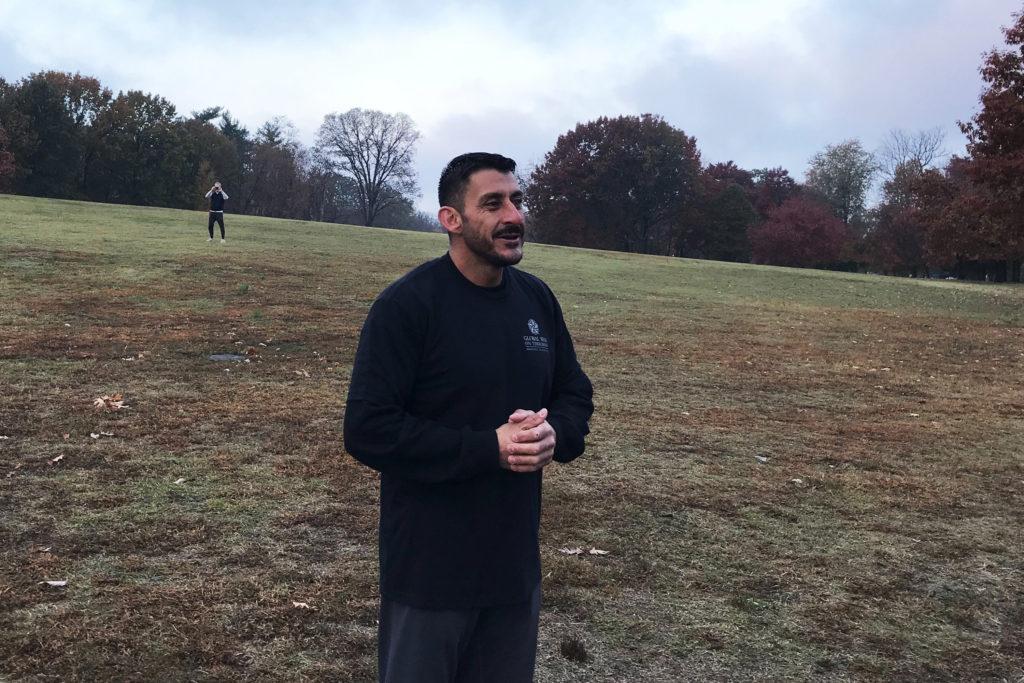
This weekend’s peace agreement with the Taliban was over a year in the making and could end America’s 18-year-long war in Afghanistan.
While members of Congress have given the deal a mixed reception, one area where bipartisanship still rules the day is honoring those that fought in that war, as part of the so-called Global War on Terror.
Colorado Democratic Rep. Jason Crow has teamed up with Republican Rep. Mike Gallagher of Wisconsin on legislation that allows a Global War on Terrorism memorial to get space on the National Mall in Washington, D.C.
It’s no surprise that the two veterans have spearheaded this legislative push. Colorado’s Freshman Democrat, Crow, is a former Army Ranger who served in both Iraq and Afghanistan. Gallagher was a Marine Corps intelligence officer who deployed to Iraq. Both their lives were changed and impacted by the global war on terror.
For Crow, the memorial is about having a place to honor duty and service to country.
“It’s not about the politics or policy of the war,” Crow explained. “It’s about the service of millions of Americans who have stepped up to do what millions of Americans before us have done, and millions will do in the future. And that’s important to who we are as a country.”

The wars in Afghanistan and Iraq have been America’s longest wars, often called the endless wars — launched in 2001 and 2003, respectively, and still going today.
“We’re not saying ‘Mission Accomplished. There’s nothing to see here.’ Indeed the opposite,” Gallagher said. “We’re reminding everybody of the enormous cost of these wars.”
Usually, Congress doesn’t authorize a war memorial until at least a decade after the conflict has ended. However, babies born just after the September 11 attacks are now some of the young men and women who fight in these wars. And it can take decades for a memorial to be approved and constructed.
“I don’t think it’s right to wait until some of the veterans aren’t around to see it,” Crow said.
Just as important to the two legislators is the memorial location — The National Mall, located in the heart of the nation’s capital. The two led a running tour of possible locations last fall.
The Mall has limited space and there are 11 other active memorial projects already in the works — from Dwight Eisenhower to the Peace Corps to Gold Star Mothers.

There's a commission that advises the federal government on national memorials. And with an increasing number of war memorials proposed, it's led some to ask what's the right mix. After all, if the mall is a space of collective national identity, isn’t America more than its wars?
That question resonated with Army Veteran Chris Yeazel. He said Washington, D.C. already has a powerful reminder of the cost of the wars in Afghanistan and Iraq — Arlington National Cemetery.
“I think that’s a pretty powerful memorial in and of itself,” he said.
To be clear, Yeazel does not object to a GWOT memorial built sometime in the future. But he'd like to see Congress more focused on helping current veterans transition from war. The example he points to is veterans of World War II, the greatest generation which returned from war to make America great. That’s the legacy he’d like to see his generation of veterans focus on.
“Let’s just be good Americans and do our part to leave a better society for future generations,” he said.
But it’s the experience of the WWII generation that has pushed the GWOT memorial forward.
The World War II memorial was first introduced in Congress in 1987, signed into law in 1993 and finally opened in 2004 — almost 60 years after the end of the war. Many veterans didn't live to see it.

Michael Rodriguez, a retired Special Forces Green Beret and president of the GWOT Memorial Foundation, doesn’t want that to happen to those who served in Afghanistan and Iraq.
“If we don’t this now, my question is a question I throw back. ‘Well, when?’” he asked.
While he agrees that the Mall, America’s front yard, should reflect American life.
“You know what we’re honoring are those people that step up and defend and protect everything we want to highlight,” Rodriguez said. “So to think their contributions to our way of life is anything less, I don’t really see the point on that.”
Rodriguez is optimistic that the location bill can be passed and design agreed to by 2024.
Reps. Crow and Gallagher have over 45 co-sponsors for the bill, but time is quickly running out in the congressional legislative session.









